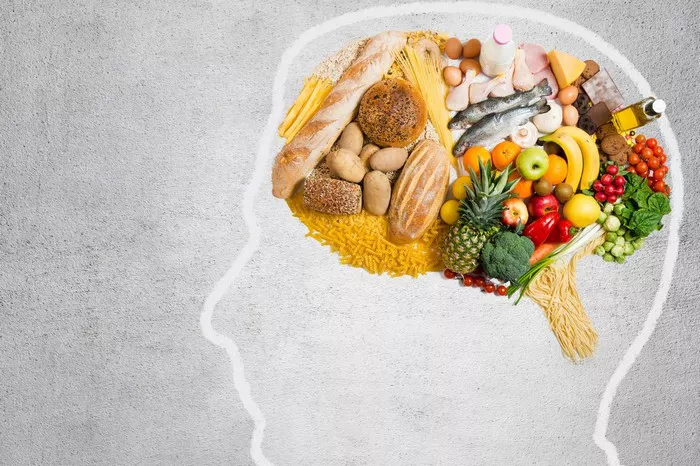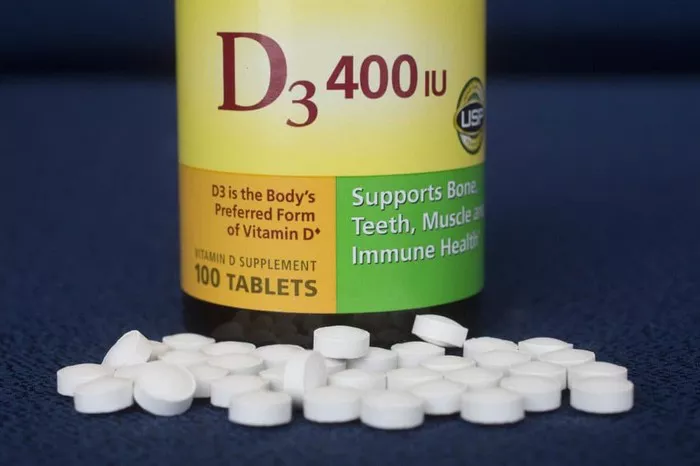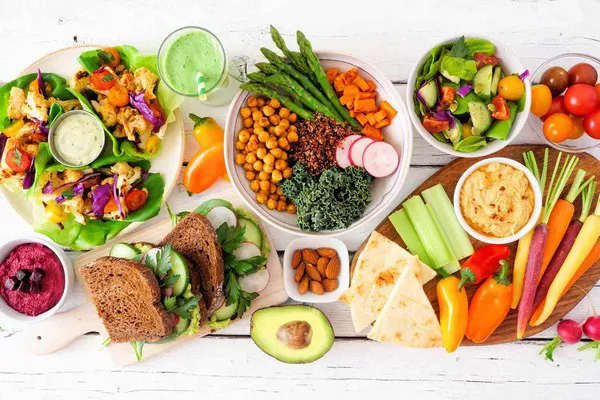Protein is an essential nutrient that plays a critical role in various bodily functions, including muscle growth, repair, and maintenance, immune function, and hormone production. While it’s important to consume an adequate amount of protein as part of a balanced diet, not all sources of protein are created equal. Some protein sources may be less nutritious or contain added ingredients that can detract from their health benefits. In this comprehensive guide, we’ll explore what constitutes a good source of protein, factors to consider when choosing protein-rich foods, and examples of protein sources that may not be as beneficial for overall health.
Understanding Protein and Its Importance
Protein is one of the three macronutrients, along with carbohydrates and fats, that are essential for supporting overall health and well-being. Unlike carbohydrates and fats, which provide primarily energy, protein is made up of amino acids, the building blocks of tissues, muscles, organs, and cells in the body. Adequate protein intake is crucial for:
1. Supporting muscle growth and repair
2. Promoting satiety and weight management
3. Enhancing immune function
4. Supporting hormone production
5. Facilitating enzyme and neurotransmitter synthesis
While protein is found in a wide variety of foods, including both animal and plant sources, the quality and nutrient composition of protein-rich foods can vary significantly.
What Makes a Good Source of Protein?
Several factors contribute to determining whether a protein source is considered “good” or beneficial for overall health. Some key characteristics of good protein sources include:
Complete Protein: Complete proteins contain all nine essential amino acids that the body cannot produce on its own and must obtain from the diet. Animal-based protein sources such as meat, poultry, fish, eggs, and dairy products are typically complete proteins, while most plant-based protein sources are incomplete and may need to be combined to provide all essential amino acids.
Nutrient Density: Good protein sources are nutrient-dense, meaning they provide a significant amount of protein along with essential vitamins, minerals, and other beneficial nutrients. Examples of nutrient-dense protein sources include lean meats, poultry, fish, eggs, legumes, nuts, seeds, and dairy products.
Low in Saturated Fat and Added Sugars: Ideally, good protein sources should be low in saturated fat and free from added sugars, which can contribute to various health problems, including heart disease, obesity, and type 2 diabetes. Choosing lean cuts of meat, skinless poultry, fatty fish, and plant-based protein sources can help reduce intake of unhealthy fats and sugars.
Minimal Processing: Good protein sources are minimally processed and free from added preservatives, additives, and artificial ingredients. Choosing whole, unprocessed foods whenever possible ensures that you’re getting the most nutrients and health benefits from your protein sources.
Sustainability and Environmental Impact: Consideration of sustainability and environmental impact is also important when choosing protein sources. Opting for sustainable seafood, ethically raised meat and poultry, and plant-based protein sources with minimal environmental footprint can help support sustainable food systems and protect the planet.
Examples of Protein Sources That Are Not Ideal
While many protein-rich foods can provide valuable nutrients and health benefits, some protein sources may not be as beneficial for overall health due to various factors such as high levels of saturated fat, added sugars, or processing. Here are some examples of protein sources that may not be considered ideal:
Processed Meats: Processed meats such as bacon, sausage, hot dogs, and deli meats are often high in saturated fat, sodium, and added preservatives, making them less nutritious choices. Regular consumption of processed meats has been linked to an increased risk of heart disease, cancer, and other health problems.
Fried Foods: Fried foods, such as fried chicken, chicken nuggets, and fish sticks, may contain high levels of unhealthy fats and calories due to the frying process. These foods are often breaded and deep-fried, which can add extra calories and contribute to weight gain and other health issues.
Highly Sweetened Protein Bars and Shakes: While protein bars and shakes can be convenient options for on-the-go nutrition, many commercial products are highly processed and contain added sugars, artificial flavors, and other additives. Opt for protein bars and shakes with minimal added sugars and ingredients, or consider making your own using whole food ingredients.
Sugary Breakfast Cereals: Some breakfast cereals marketed as “high-protein” or “protein-rich” may be loaded with added sugars and lack essential nutrients. Read labels carefully and choose cereals with whole grains, minimal added sugars, and adequate protein content from sources such as nuts, seeds, or dairy.
Sugary Yogurts: Flavored yogurts often contain high amounts of added sugars, which can negate the health benefits of the protein and probiotics found in yogurt. Opt for plain yogurt or Greek yogurt and add your own fresh fruit or honey for sweetness.
Conclusion
While protein is an essential nutrient for supporting overall health and well-being, not all protein sources are created equal. Choosing nutrient-dense, minimally processed protein sources that are low in unhealthy fats, added sugars, and artificial ingredients is key to promoting optimal health. By incorporating a variety of high-quality protein sources into your diet, such as lean meats, poultry, fish, eggs, legumes, nuts, seeds, and dairy products, you can ensure that you’re getting the protein and nutrients your body needs to thrive. Be mindful of less nutritious protein sources such as processed meats, fried foods, sugary snacks, and highly processed protein products, and limit their consumption to support your health and wellness goals.
[inline_related_posts title=”You Might Be Interested In” title_align=”left” style=”list” number=”6″ align=”none” ids=”8566,8563,8486″ by=”categories” orderby=”rand” order=”DESC” hide_thumb=”no” thumb_right=”no” views=”no” date=”yes” grid_columns=”2″ post_type=”” tax=””]

































